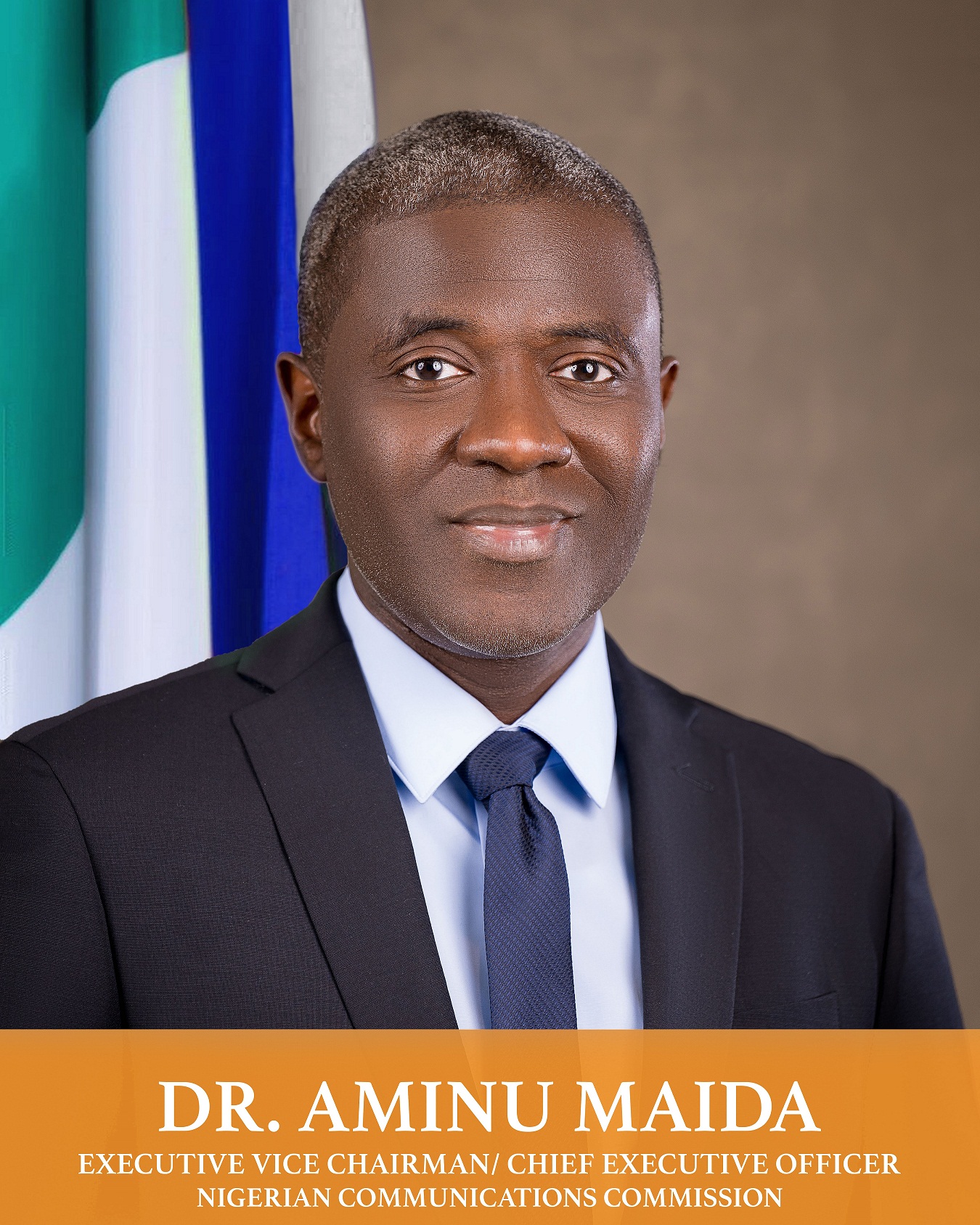Apparently worried about the lamentations of telecom subscribers over services disruptions, the Nigerian Communications Commission (NCC) has put its earlier directive on the phased disconnection of Globacom Limited (Glo) by MTN on hold for a period of 21 days.
The telecom industry regulator in a Pre-Disconnection Notice signed by its Director, Public Affairs, Reuben Mouka, on Wednesday, January 17, stated that the new timeline for the implementation of the former directive had been shifted based on the agreement reached between the two Mobile Network Operators (MNOs).
The Director recalled that the commission had on January 8 this year published a Pre-Disconnection Notice informing subscribers of the approval granted to MTN Nigerian Communications Plc (MTN) to commence the phased disconnection of Globacom Limited (Glo) with effect from January 18, 2024 due to long-standing interconnection debt dispute between the parties.
According to him, in granting the approval, the Commission was deeply conscious of the potential impacts of the decision on consumers and therefore continued to engage both parties to facilitate a resolution which prioritizes and protects consumer interest and the seamless operation of the national telecoms network.
Mouka expressed the Commission’s pleasure that the parties had now reached agreement to resolve all outstanding issues between them, stating that for this reason, and in exercise of its regulatory powers in that regard, the Commission has put the phased disconnection on hold for a period of 21 (twenty-one) days from today, 17 January, 2024.
He further clarified: “While the Commission expects MTN and Glo to resolve all outstanding issues within the 21-day period, the Commission insists that interconnect debts must be settled by all operating companies as a necessary component towards compliance with regulatory obligations of all licensees. It is OBLIGATORY that Mobile Network Operators (MNOs) and other licensees in the telecom industry keep to the terms and conditions of their licenses, especially as contained in their interconnection agreements.”






